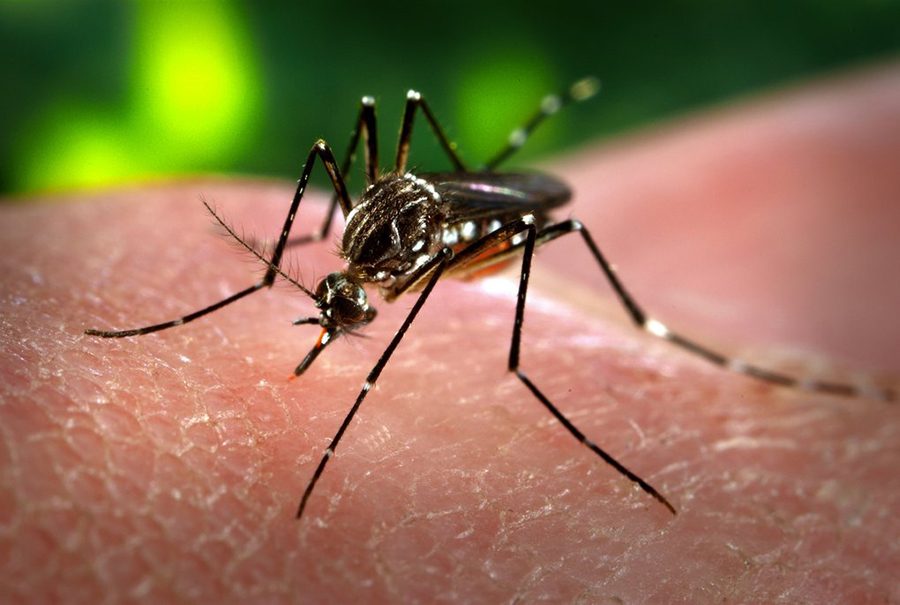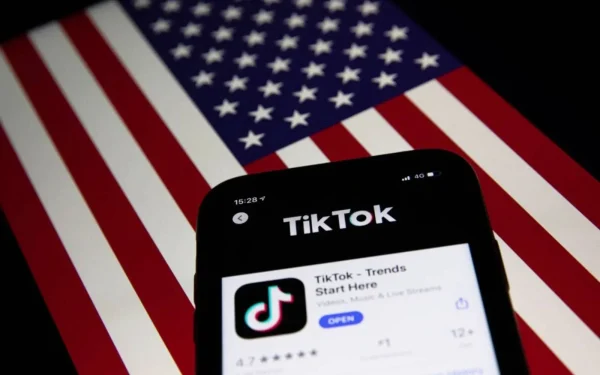Is Zika More Dangerous Than We Think?
Photo courtesy of Wikimedia Commons
This is a closeup of a female Aedes aegypti mosquito, a known carrier of the Zika virus.
Have you ever seen the movies 28 Days Later…, Contagion, I am Legend, or Carriers? These are all popular movies with the common compelling plot of a disease which spreads through the human population with dire results. We watch these films not really thinking about the actual possibility of serious viruses spreading through the places around us. Now Zika, an infectious disease caused by the Zika virus, is making those movies all too real for those of us living in South Florida.
There have been many other scares in recent history that were like Zika, but they have all been stopped: the swine flu, SARS, etc. Of course, history is full of plagues and epidemics. According to a BBC report, the Black Death, a flea-borne disease, tore through much of Europe during the Middle Ages, killing between 75 and 200 million people. The Spanish Flu was a worldwide pandemic that spread across the globe after WWI. Zika, spread by mosquitoes and sexual contact with an infected human, has traditionally been thought of as a mild virus. However, the virus can have severe effects in unborn children as the infants may be born with microcephaly (small heads) and possible brain damage. According to a January 2016 BBC News article, the cases of Brazilian children born with microcephaly in 2014 was 150. In 2016, that number jumped to 3,893. Now that the virus has migrated to the U.S., the question remains: can it be stopped?
“I think we should stop [Zika],” said seventh grader Andrew McDonough. “[The U.S.] has the technology to do it…other countries [affected by Zika] don’t have the technology.’’
The fact is, while we rely on medical resources in the U.S. to be on the cutting edge of finding a cure, right now there is no cure despite the fact that doctors all over the world are trying to slow the spread of the Zika virus. Up until a few months ago, Zika was an external problem for the U.S., so not many Americans were worried about it. But now, all but two states (Wyoming and Alaska) have no reported cases. The other 48 states have reported either locally acquired or travel-associated cases.
Some non-native Floridians took the time to weigh in on the Zika scare. “I think it’s kind of scary right now, but then I always think what’s the chance I get Zika?” asked new seventh grader

This map shows Zika infections by state as of August 31, 2016. Click to enlarge.
Will DiMaio, who recently moved to Florida from Long Island. “I don’t think it is a risk at all that I will get Zika because there are not many people that get Zika,” said fellow seventh grader Shang Wang, who moved from northern China, near Beijing. Currently, according to the Center for Disease Control (CDC), there is only one square mile in the Miami-Dade county where Zika-carrying mosquitoes are present. As of August 22, there were only 29 cases acquired locally, not related to travel, so the chances of being infected by a mosquito here in the Sunshine State are relatively low. “It doesn’t bother me at all, I have no worries,” said New Jersey native and first-year science teacher Mrs. Stephanie Oster.
As of right now, there is no cure. However, the news seems to be getting worse. The virus, named after Uganda’s Zika forest where it originated, has recently been found to potentially affect the adult brain like Alzheimer’s. In a recent article in the U.K.’s online Independent site (http://www.independent.co.uk/), scientists and researchers claim that Zika kills some cells in the adult brain that are used for memory and learning. It can also shrink the adult brain, as it does with babies. Word on how Zika can affect healthy adults is just starting to spread, so most people still do not know the facts.
“For regular adults I think [Zika] just gets you a bad sickness for a few months, but then you’re good as new,” said DiMaio. “I think the mosquito just bites them and puts the Zika virus in them, and when they want to have a baby the baby would get Zika,” said McDonough. Added Oster, “I’m not really sure exactly what the effects of the Zika virus are on adults, I think it’s more of the fear of getting Zika that puts the adults in a whirlwind, or a frenzy.”
Unfortunately, the truth about Zika’s long-term effects seems to be relatively unknown amongst the TBS community. However, the fact remains that there is still no cure, and even with the low incidence of infection here in the U.S., it’s not just pregnant mothers and their babies who need to worry. Now it’s all of us.





